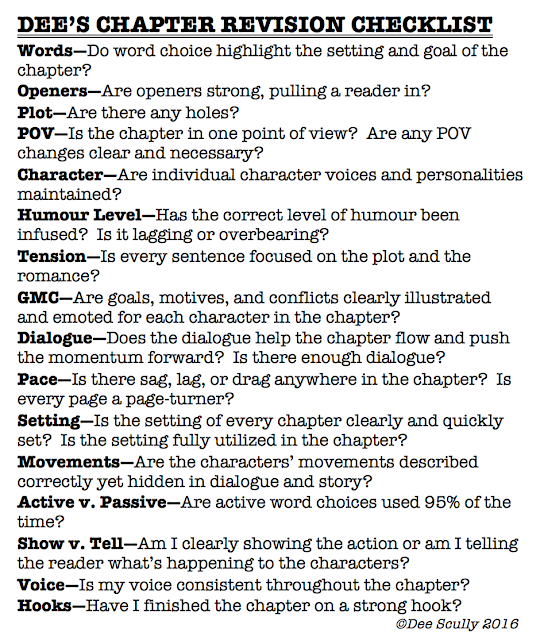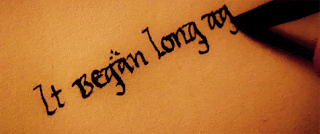with Sharon Burke
Hi Everyone,
Today I would like to discuss a second interpretation of Virginia Woolf's words “A woman must have money and a room of her own if she is to write fiction”.When this quote was discussed at the Sydney Writers' festival some thought the words “a room of her own” referred to the internal world of the fiction writer.
 |
| Gif courtesy of PicsGifs.com |
A World of Your Imagination.
As writers of fiction, we have strong imaginations. We aim to create a world of believable characters and describe their experiences so effectively that our readers develop an immediate and powerful urge to keep turning the page.To do this, we must enter this fictitious world of our creation. So how do romance writers create a world of their imaginations? |
| image courtesy of Pixabay |
Visualisation.
 |
| image courtesy of Pixabay |
What if?
“Who is she? Why did she run? Does she know the man? Who is he? Is he the hero? Did she leave him? If so, why?”
A full synopsis?
Forward planner, or plan as you go?
Other writers plan more thoroughly. Some keep extensive files of inspirational material – photos, ideas jotted down, pictures, articles, scenes sketched out. Some write very detailed synopses and use these as a basis for their writing. Others work with a writing partner brainstorming and “bouncing ideas off one another”.
 |
| Gif courtesy of Giphy.com |
What about you?
I love to love: My husband and I celebrated 30 years of marriage yesterday. What a joy it is to spend your life with someone you love.
 |
| image courtesy of Pixabay |
I love to laugh: I wish I could master the art of the one-liner. Some people seem to be able to say the one thing at exactly the right time to make us laugh just when we need to.
I love to learn: I love researching – for my writing, for this blog, to satisfy curiosity, sometimes just for fun.


















